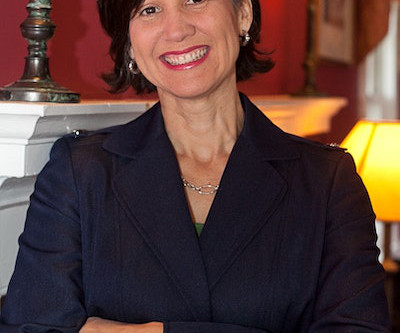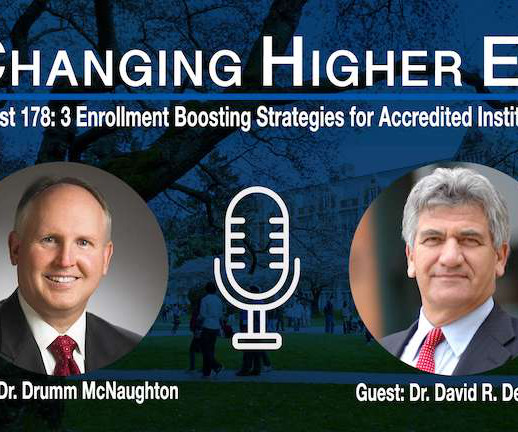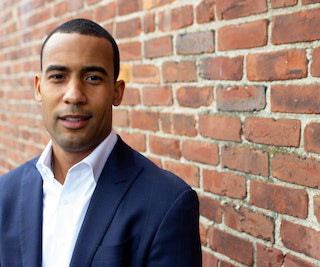Laying the Foundation for Higher Education
Diverse: Issues in Higher Education
OCTOBER 20, 2023
Ivonne Diaz-Claisse “I told my story — what it took for me to achieve my dream — and at the end, the students wanted my autograph,” says Diaz-Claisse, president and CEO of Hispanics Inspiring Students’ Performance and Achievement (HISPA), a nonprofit organization based in New Jersey.












Let's personalize your content